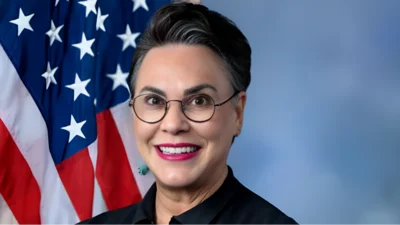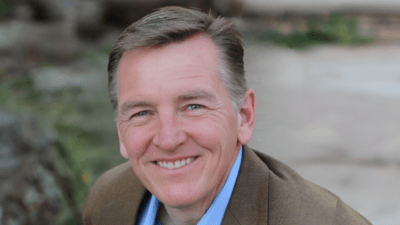Recently our nation was rocked again by the senseless and unjust death of George Floyd. This incident highlighted the systematic challenges facing the black community in America. I join those who have raised their voices to protest the deadly brutality imposed on George Floyd and other instances of shocking, unacceptable violence against minority communities in the U.S. I share everyone on this committee’s call for real and sustained work to pursue reforms that will actually make a difference to successfully addressing these difficult and complex issues.
Listen, learn, act. As a country, we should be listening to others with different viewpoints and backgrounds, learning about their experiences and feelings, and taking action to form a more perfect Union that ensures justice and equality are available to all Americans, regardless of skin color.
In many ways, today’s hearing seems to touch upon all these different circumstances. There is a bipartisan desire to explore how COVID-19 disproportionately impacted minority communities - whether it be socially, environmentally, or economically.
Indeed, last month, Dr. Burgess, the Republican Leader on the Health Subcommittee, sent a letter to the Democrat majority requesting a hearing on racial disparities related to COVID19, and how Congress can reduce those disparities. More examination is needed to understand those health outcomes and how to improve them, and I hope that the Majority will take Dr. Burgess up on his request.
Whether it is health care or the environment, one of the most important keys to addressing the challenges of communities of color, including COVID19, is economic development. Economic prosperity can bring employment opportunities, better healthcare, improved education, a healthier environment, more efficient emergency services, a stronger tax base, and new infrastructure.
We have seen this in the work our Committee has done to help spur economic development across American communities. For example, last Congress we reauthorized and improved EPA’s Brownfields program. Under this program, EPA awards grants to local communities to repurpose abandoned, closed or underutilized sites into new infrastructure, such as parks and sports stadiums. It is estimated that $100,000 of Brownfields grant money, on average, can be leveraged into 8.5 jobs. Real dollars, real jobs, real change.
There is also the Opportunity Zones program, which was a bipartisan effort enacted through the 2017 Tax Cuts and Jobs Act. Opportunity Zones are economically distressed communities, located in urban, rural and Tribal areas, selected by governors of each State and territory and the Mayor of D.C. The Opportunity Zones program aims to encourage economic development in these areas through tax incentives, and we have seen encouraging results from this initiative.
I look forward to hearing more about this important program today, and how it can improve and enrich communities across America. According to one of our witnesses - Mr. Hawkins, the head of the Opportunity Funds Association - nearly $10.8 billion dollars had been secured by Opportunity Funds prior to COVID19. Again, real dollars, real change that will result in real jobs and economic opportunity.
Everyone has sacrificed during the economic shutdown, but without question hourly workers and distressed economic communities have suffered the most. Construction workers alone lost almost a million jobs in April. Workers that can telecommute have been inconvenienced but have not felt the economic pain suffered by these other groups. That is why if we care about these communities, we need to reopen the economy and we can do it safely. We also need to reject overly burdensome regulations that might sound good in a sound bite but do little to help the environment while keeping workers from finding good paying jobs.
Throughout my Congressional career, I have focused on solutions - identifying and understanding challenges and then finding bipartisan, effective solutions to those challenges. My Republican colleagues and I sincerely believe that economic development as well as employment and education opportunities are key solutions to addressing disparities for rural, minority and economically distressed communities. Those are foundational tools for a prosperous society and a vital community. Translation - real dollars, real jobs, real change.
I look forward to hearing from our witnesses today on this important topic, and I thank the Chairman for having this hearing. With that, I yield back.




